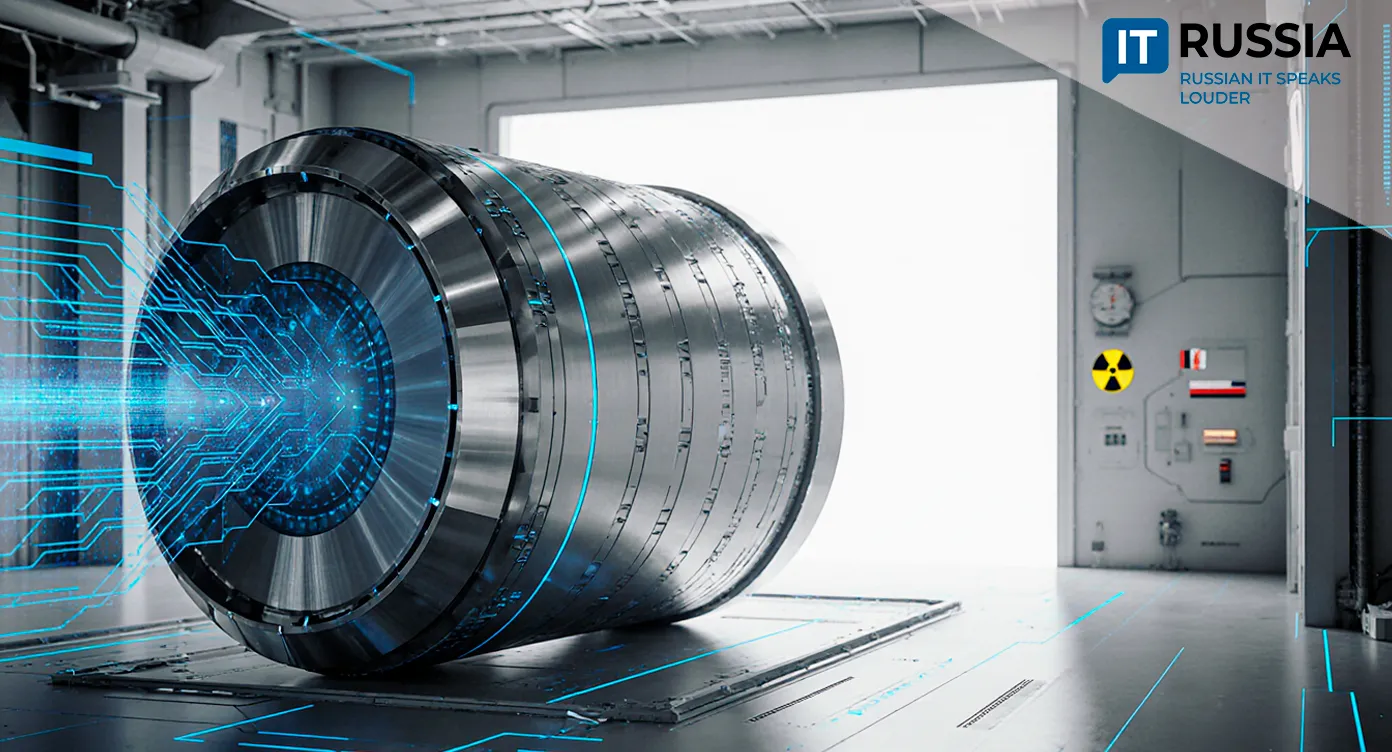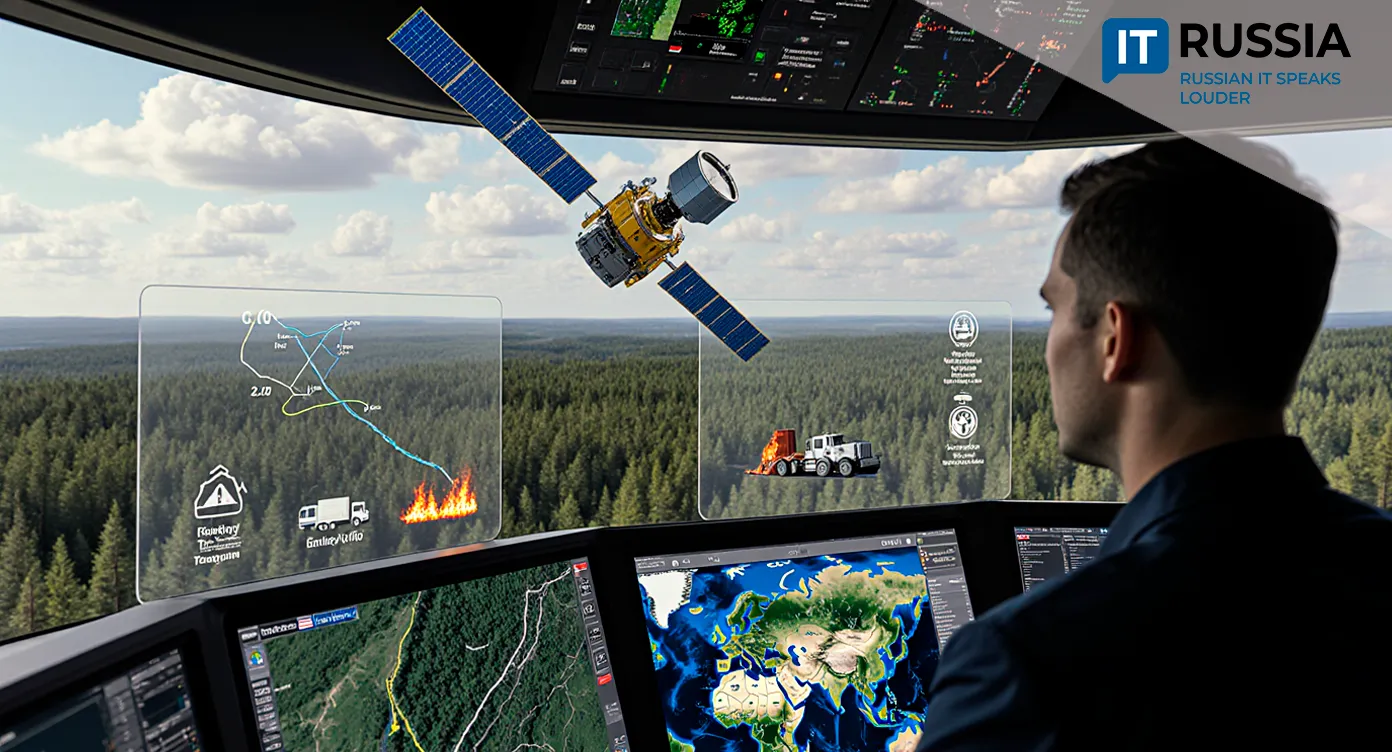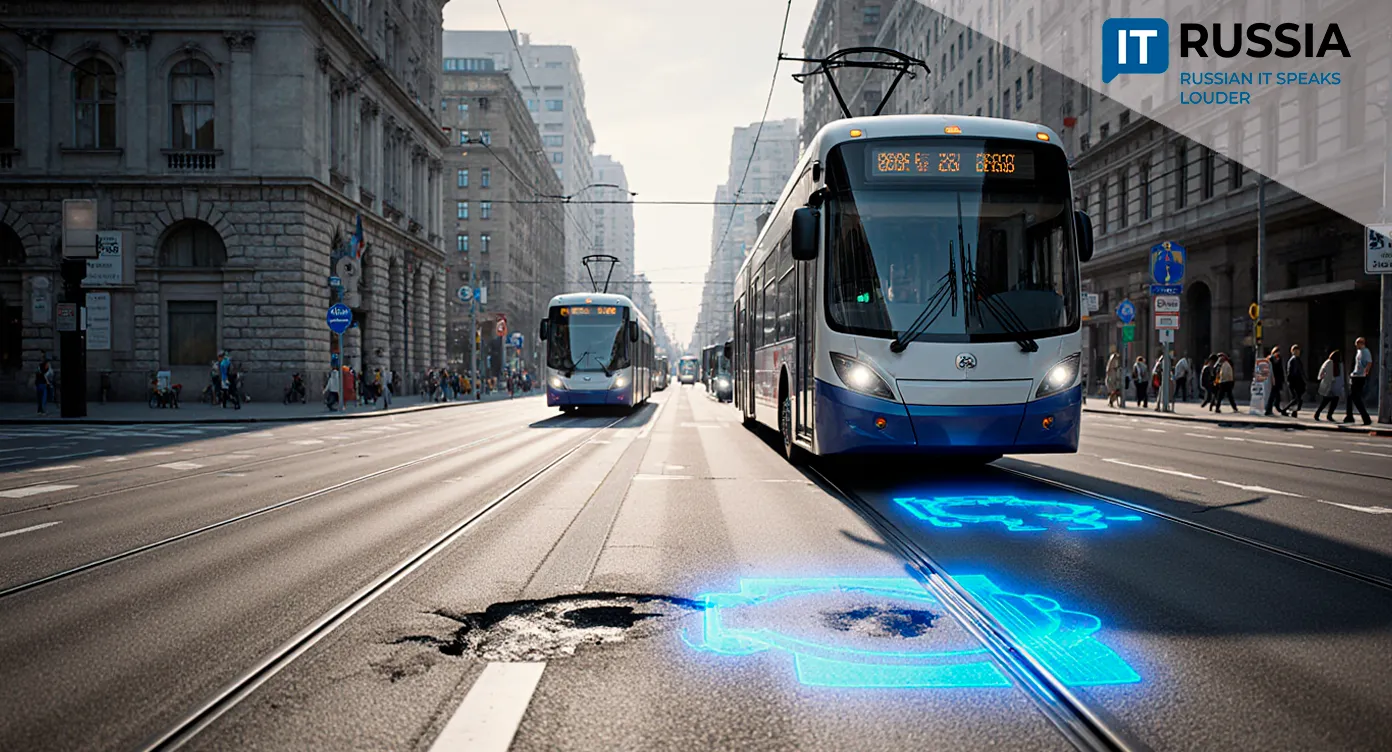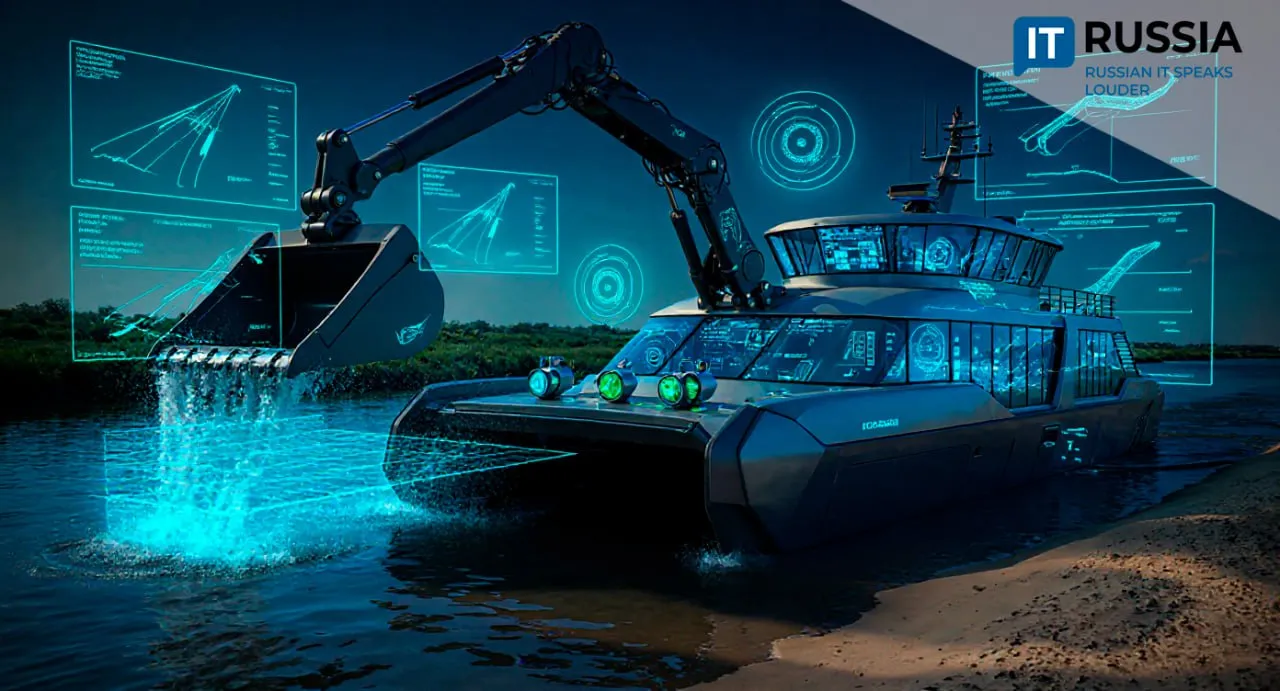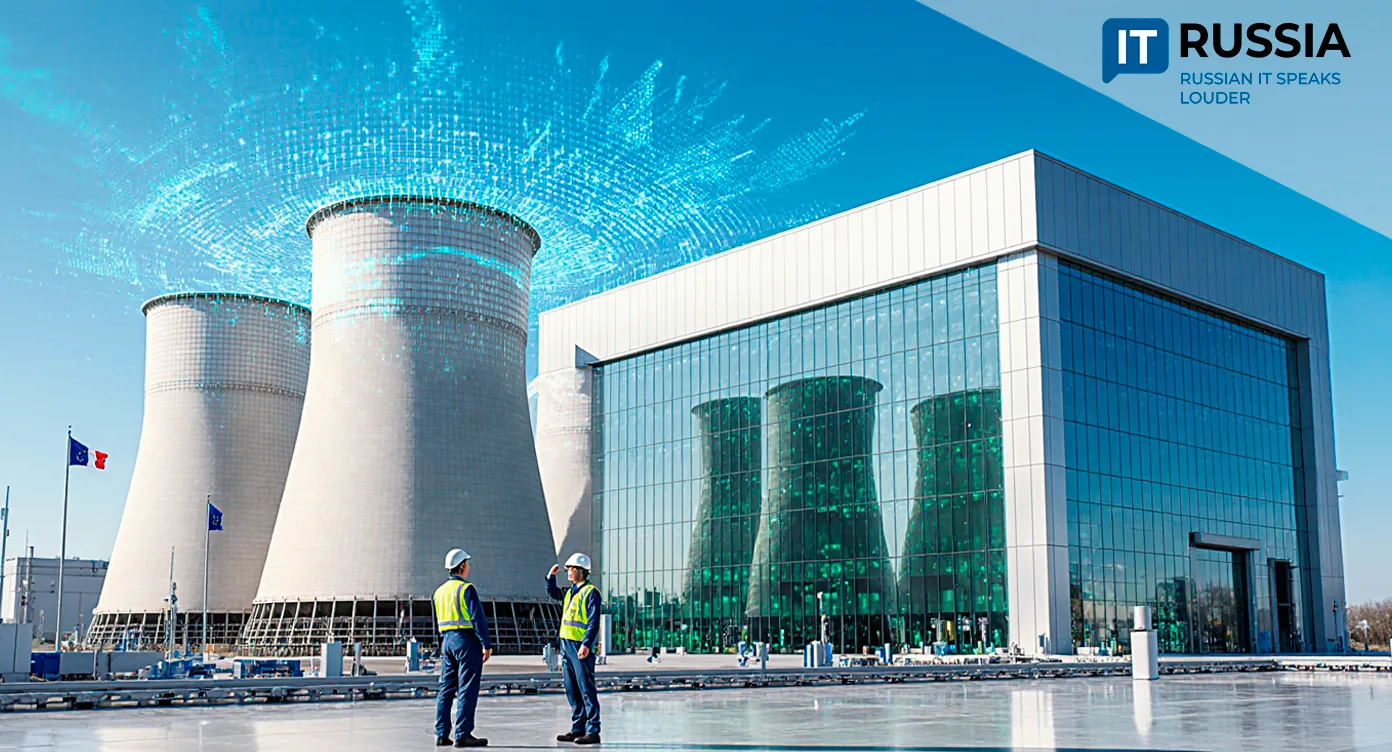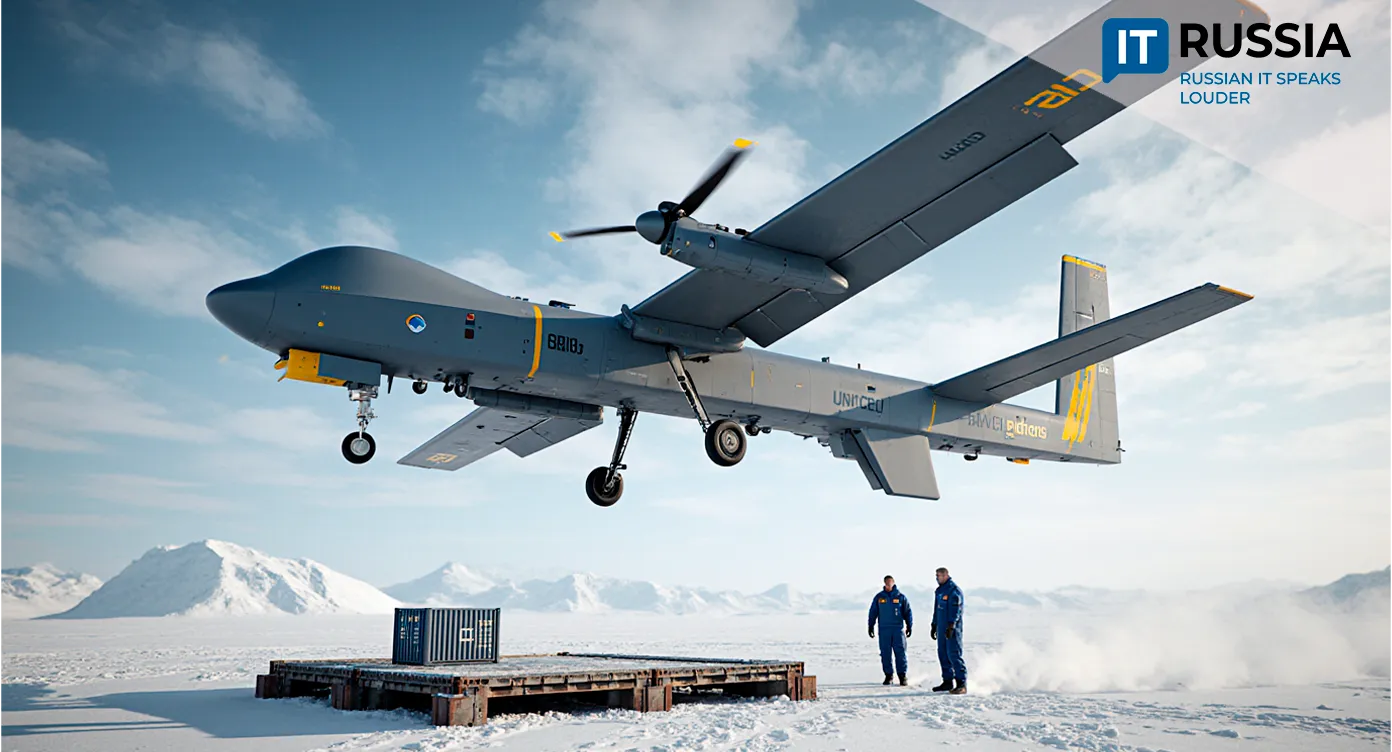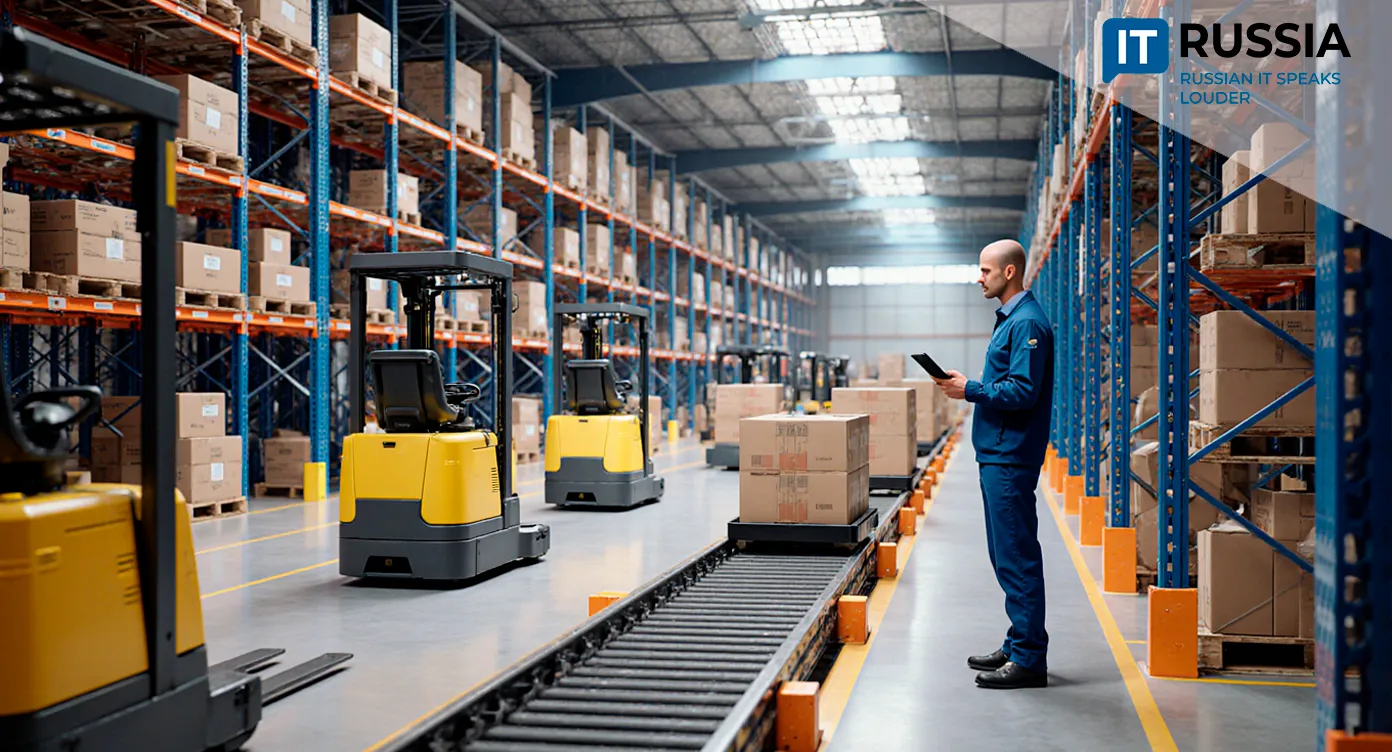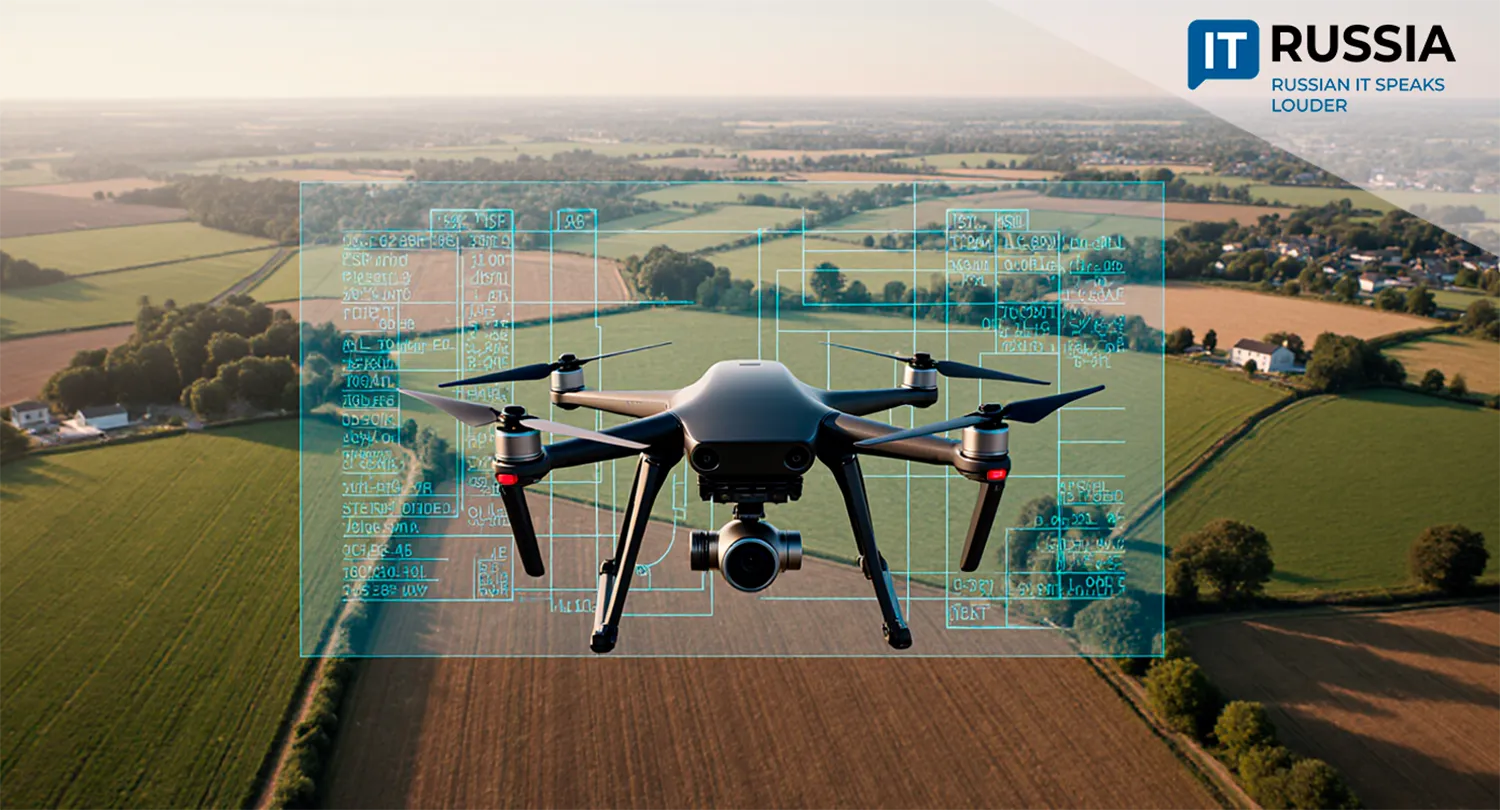Robotic Truck Completes Landmark Freight Route in Russia
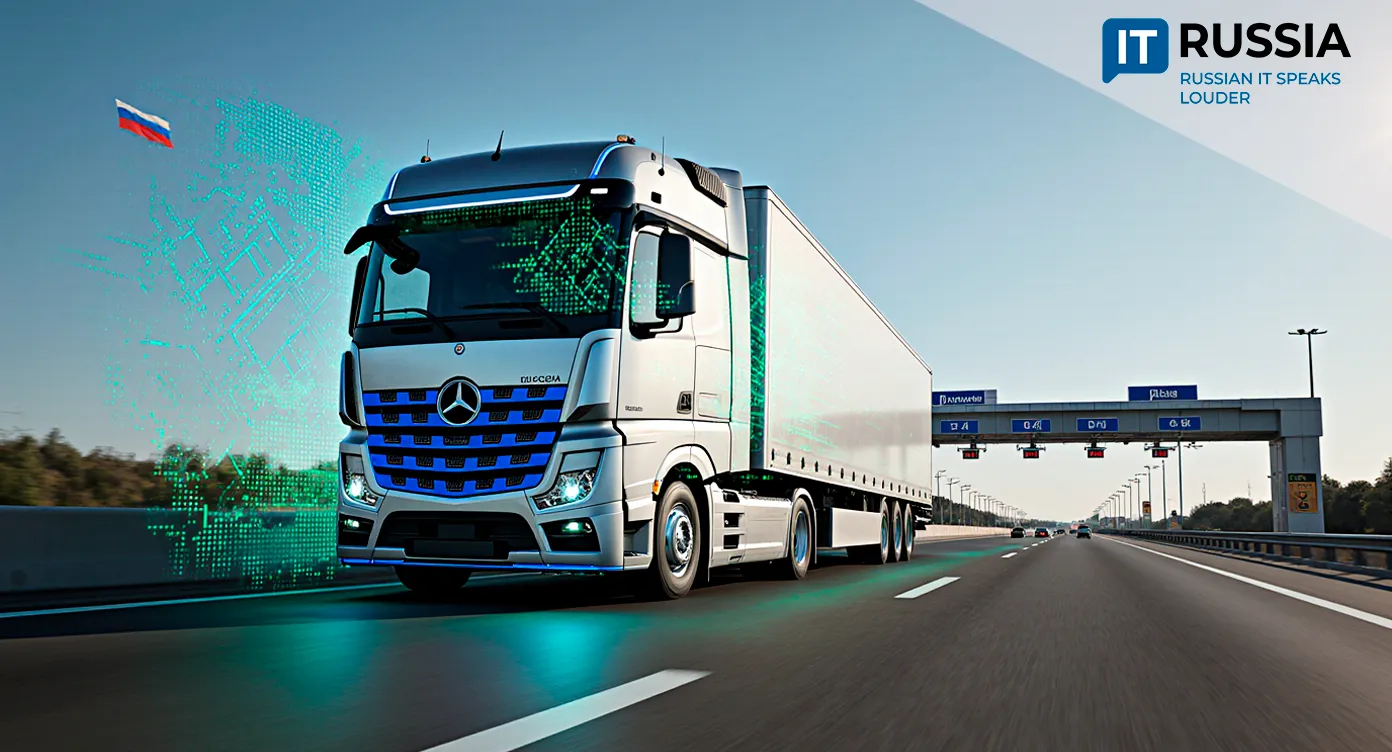
For the first time, an autonomous freight truck has completed a 1,600-kilometer trip from St. Petersburg to Kazan in just 24 hours. The milestone reframes the future of logistics in Russia and signals how driverless technology could reshape global freight transport.
A Demonstration of Breakthrough Capability
This was not just another test. It marked a turning point for the transport sector: a heavy truck, without a human driver at the wheel, successfully covered a traditionally difficult route between two major Russian cities.
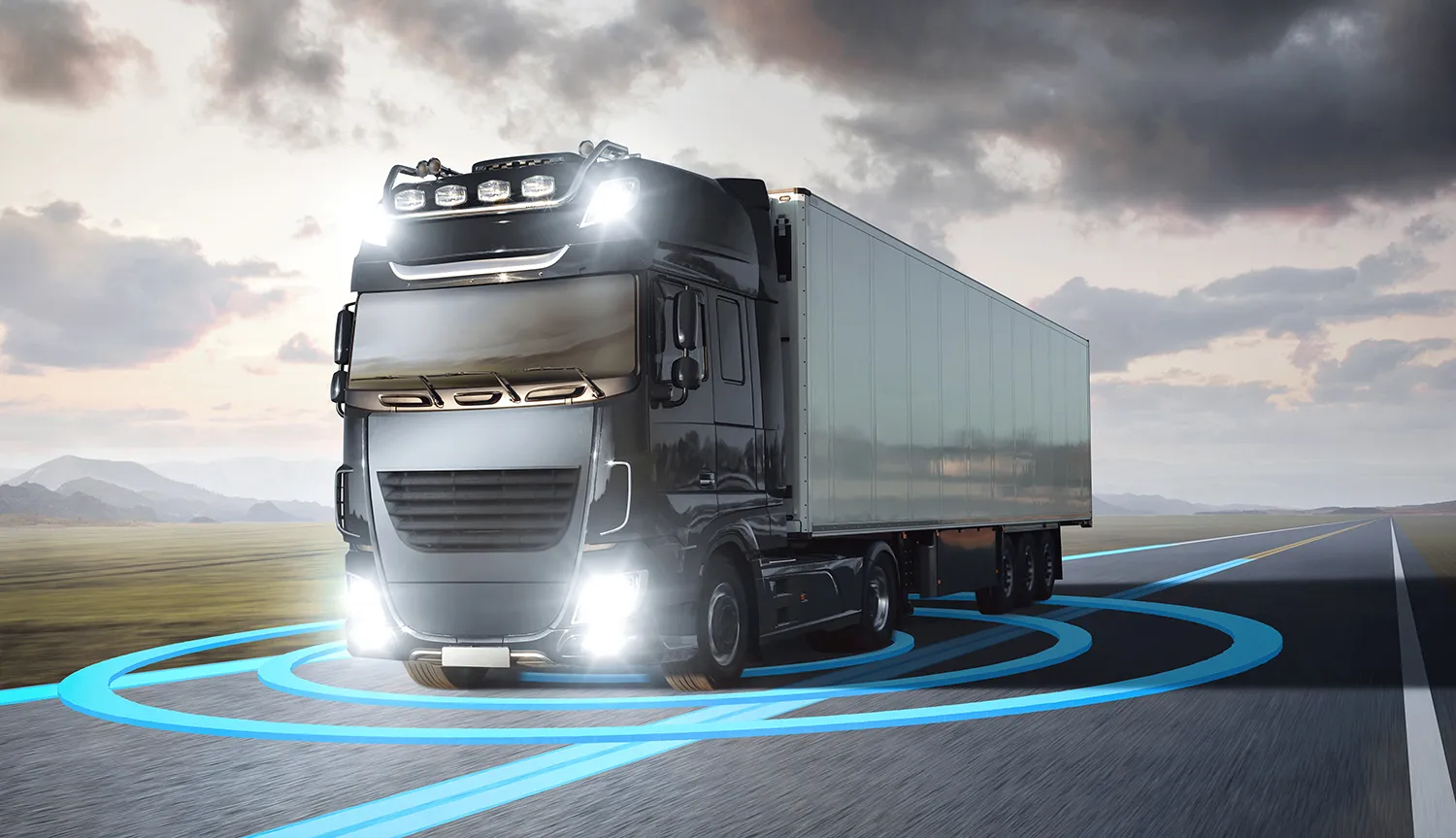
Under normal conditions, deliveries on this corridor take about 58 hours due to required driver rest breaks. The autonomous system cut that time nearly in half—down to one day—without compromising operational safety.
Engineers from Navio were present in the cab, but only as observers. Algorithms handled acceleration, braking, lane-keeping, and traffic interactions.
The achievement solves several long-standing issues at once: accelerating supply chains, making transport schedules more predictable, reducing reliance on human labor, and addressing the chronic driver shortage that has constrained the trucking industry for years.
Strategic Implications for Russia and Beyond
Deploying autonomous freight vehicles on federal highways is a step toward next-generation logistics. Navio has already opened pilot routes on key corridors: the M-11 “Neva” and the Central Ring Road. In 2026, the system will extend to the new M-12 “Vostok” highway. By year-end, the company forecasts a fleet of 100 robotic trucks, with infrastructure upgrades and business adoption already underway.
Export opportunities are equally promising. Countries with underdeveloped transport networks—where long, low-service routes are critical for industrial development—are showing interest in Russian solutions. As freight automation becomes a global trend, Navio’s focus on adapting algorithms to local road conditions could make its technology competitive in international markets.
Domestically, autonomous trucking promises continuous operations, lower costs, fewer accidents, and more efficient logistics—benefits that ultimately translate into lower consumer prices.
From Test Runs to Commercial Integration
The August 2025 journey represents the culmination of several years of iterative development. Initial tests took place on the M-11 corridor in 2023. By April 2025, autonomous trucks were operating on the Central Ring Road, with routes growing in scale and complexity.

The recent 1,600-kilometer non-stop trip demonstrated maturity: the robotic truck navigated toll stations, road construction zones, urban crossings, and major interchanges without driver intervention. These routes, once considered high-risk due to fatigue and human error, have now been automated almost entirely.
For the global freight industry, Russia’s progress offers a template for aligning infrastructure, software, and safety standards so autonomous transport moves from controlled pilots to public roads.
A Future Without Fatigue
Navio’s successful mission is not only proof of technical readiness but also a signal to the entire transport ecosystem. In the next 18 months, the number of autonomous trucks and the geography of their routes are expected to expand rapidly. The M-12 highway is only the start, with other domestic and potentially international corridors to follow.
From 2026 onward, the technology is slated for integration into major corporate supply chains and international freight operations. Medium-term expectations include the creation of industry standards, updated traffic regulations, and large-scale workforce retraining to service and monitor such systems.

The challenges ahead are clear: upgrading infrastructure, enacting supportive regulations, and ensuring system-wide safety. Yet the promise of precision, speed, and efficiency positions autonomous freight not as a futuristic concept but as a near-term reality for Russia and beyond.






